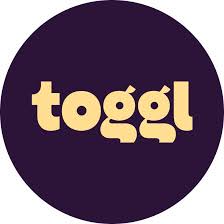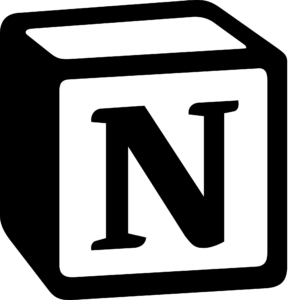Let’s be honest: freelancing isn’t just about doing the work you love. It’s also about invoicing, tracking time, sending follow-ups, chasing payments, and keeping your records in check for tax season.
That’s the admin side of freelancing — and it can eat up hours every weekif you’re doing everything manually.
The good news? You don’t have to.
Today, there are digital tools that can take care of most of your back office tasks — from sending invoices to logging your hours or organizing expenses. In this article, we’ll cover the top tools that help freelancers automate admin and focus more on their actual craft.
Let’s dive in.
Maginvoice – For Invoicing and Getting Paid (Without the Fuss)
Invoicing is one of those things you have to get right — not just to get paid, but to stay compliant. If you’re working in France or with EU clients, that also means keeping up with VAT, legal mentions, invoice formatting, and maybe even PEPPOL or Chorus Pro.What it does:
Send quotes and convert them into invoices in 1 click
Automatically includes legal info (SIRET, TVA, mentions légales)
Export as PDF or send via PEPPOL / Chorus Pro if needed
Track who’s paid you — and who hasn’t
Free to start, no watermark or trial limits
🧾 If you’ve been using Word templates or spreadsheets until now, this is the upgrade you didn’t know you needed.

Toggl Track – For Time Tracking (Especially by Task or Client)
Whether you bill by the hour or just want to know where your time goes, Toggl is a classic. It’s super lightweight, works on desktop and mobile, and gives you clean reports you can use when invoicing clients.
Why freelancers love it:
No learning curve
One-click timers or manual entry
Categorize by client, project, or task
Exports your hours in neat summaries for reporting or billing
Perfect for writers, consultants, devs, or anyone doing time-based work.

Notion – For Organizing Everything in One Place
You might already use Notion for notes or project planning — but it’s also amazing for tracking freelance business stuff: leads, contracts, content calendars, client onboarding, expense logs, etc.
You can create custom dashboards or use free templates to manage:
Invoices sent
Payment status
Leads & proposals
Admin checklist for each client
It’s like a digital workspace that adapts to you — and grows with your business.

Stripe / PayPal / Wise – For Getting Paid Globally
If you’re working with international clients, bank transfers aren’t always ideal (fees, slow processing, missing references… you know the drill).
These tools make getting paid faster and more flexible:
Stripe – For credit card payments (great for agencies or retainers)
PayPal – Still widely used by small clients worldwide
Wise – Best for low-fee transfers and currency conversions
🔗 Bonus: Some invoicing tools (like Maginvoice) let you include payment links directly in your invoice, so clients can pay you on the spot.

Tiime / Freebe – For Auto-entrepreneurs in France
If you’re set up as a micro-entrepreneur, these two tools are worth checking out:
Freebe is built specifically for freelancers in France, and connects with URSSAF
Tiime combines invoicing + banking + expense tracking in a single app
Both help automate:
VAT exemption mentions
Quarterly tax reports
URSSAF contribution tracking
Expense categorization
If you’ve been manually filling out URSSAF declarations, these tools are game-changers.

Zapier – For Connecting Everything Together
Want to send a Slack message when an invoice is paid? Or automatically copy Stripe payments to your Google Sheet?
Zapier is the glue between tools. You don’t need to code — just create “Zaps” that say: “When this happens → do that.”
Popular automations for freelancers:
Send invoice reminders via Gmail
Log new client form submissions in Notion
Create backup copies of invoices in Google Drive
Notify yourself on Slack when a Stripe payment comes in
💡 Use it to reduce repetitive admin and build a more hands-off system.
Bonus: Tools for Taxes & Bookkeeping (Optional, but Handy)
Depending on how much you earn and your business structure, you might also want:
Pennylane – A modern French platform with invoicing + accounting + accountant access
QuickBooks France – If you want full bookkeeping + expense categorization
Indy – For solopreneurs who want to handle taxes themselves with minimal effort
These aren’t always necessary from day one, but they’re great as your business scales.
Final Thoughts: You Don’t Need to Do Admin Alone
The admin side of freelancing can feel never-ending — especially if you’re wearing all the hats.
But with the right tools, you can automate:
Invoices
Time logs
Payments
Client tracking
Tax prep
And even follow-ups
That means fewer mistakes, less mental load, and more time doing what you’re actually paid for.
Want to Start with the Easiest One?
Start with the tool that handles your money first.
That’s your invoices.
✅ Try Maginvoice — it’s free to start, built for freelancers in France and Europe, and includes:
Custom quotes + invoices
PDF export or Chorus Pro / PEPPOL delivery
Payment tracking
Clean, modern interface
🎯 No clutter. No overkill. Just invoicing that works.







